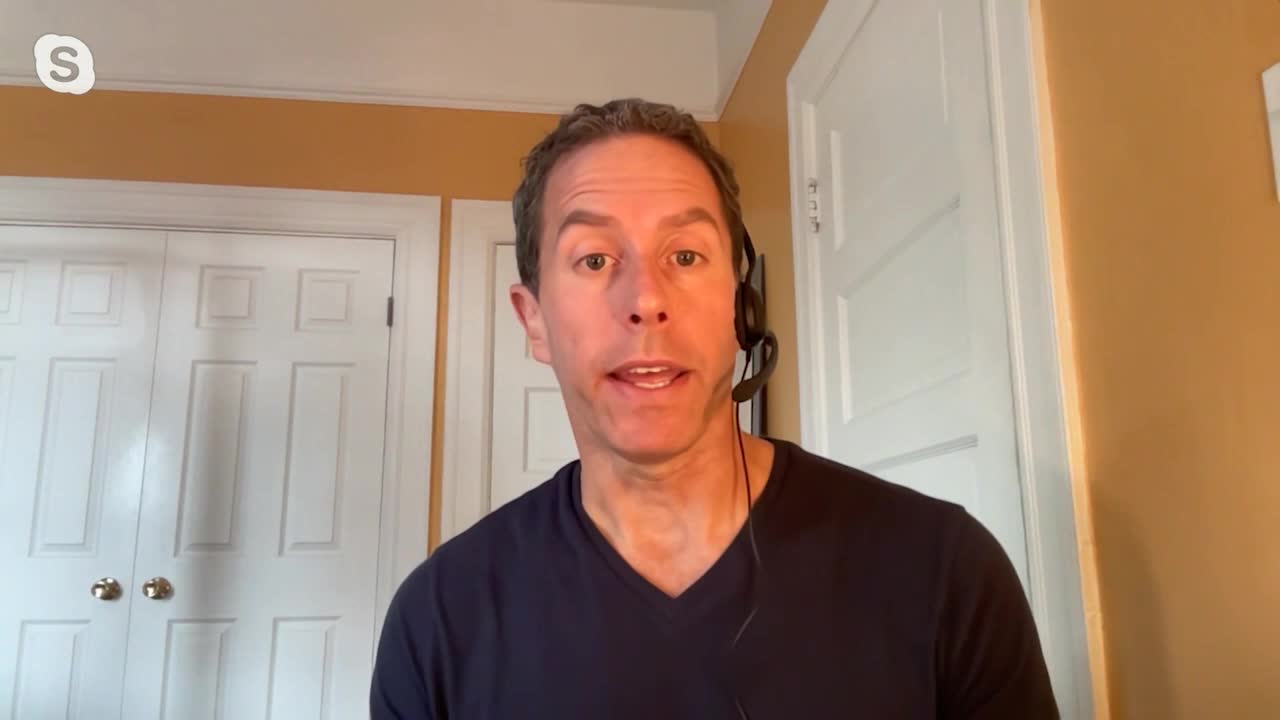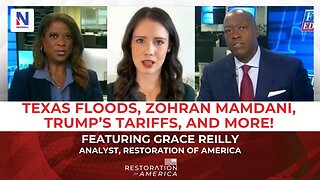Premium Only Content
This video is only available to Rumble Premium subscribers. Subscribe to
enjoy exclusive content and ad-free viewing.

The Green Revolution is Scientifically Impossible with Brian Gitt
2 years ago
1.94K
brian gitt
restoraton of america
green energy
affordable energy
doug truax
wind energy
inflation
nuclear power
solar power
First Right welcomes Brian Gitt, an independent thinker in the energy arena.
Loading 2 comments...
-
 12:53
12:53
Restoration of America
1 month agoTexas Floods, Zohran Mamdani, Trump's Tariffs, and MORE!
1691 -
 31:05
31:05
The Why Files
2 days agoPeru's Most Terrifying Mystery | The Face Peelers
40.3K41 -
 1:32
1:32
Gaming on Rumble
11 hours agoWhat is the Rumble Creator Program?!?! | Lvl UP
29.1K4 -
 1:50:49
1:50:49
Flyover Conservatives
23 hours ago9/11 on Steroids: What’s Coming This Fall? - Bo Polny | FOC Show
40.6K7 -
 1:01:28
1:01:28
Precision Rifle Network
9 hours agoS4E27 Guns & Grub - Let's Talk About Gas Guns
21.8K1 -
 59:29
59:29
The Charlie Kirk Show
4 hours agoTHOUGHTCRIME Ep. 96 — The Great Flag Burning Debate
48.5K34 -
 57:56
57:56
The Mel K Show
4 hours agoMel K & General Mike Flynn | Betrayal of a Nation: Soros’ NATO World Order | 8-28-25
30.3K27 -
 2:13:31
2:13:31
Joker Effect
3 hours agoInterviewing BEN JAMMINS! A personality with over 1 BILLION gif views. Let's give him a warm welcome
15.6K1 -
 11:37
11:37
Robbi On The Record
10 hours agoThe Devil is in the Branding..
16.3K9 -
 1:26:44
1:26:44
Savanah Hernandez
5 hours agoWhy Gen-Z Is So Radicalized Against Immigration
14.8K9